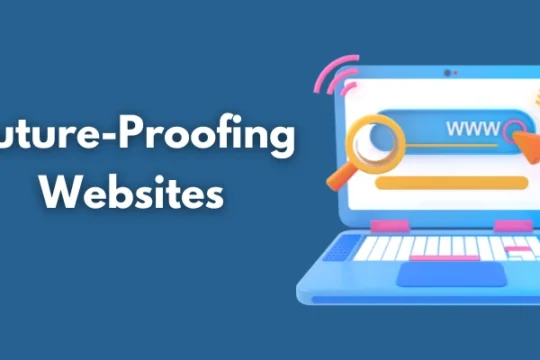
Any organization relies on enterprise resource planning software to function. It connects all departments to a single system and helps update the information in real-time. It provides accurate data for manufacturing, services, procurement, and more. It improves forecasting, cuts costs, decreases disruptions, and breaks up information logjams.
Table of Contents
Streamlined Processes
An ERP system optimizes and automates some work processes so that they can run smoothly. It also eliminates the possibility of human errors, which can occur when employees handle various business tasks. ERP software like the SAP integration server can take up the slack created when human resources make mistakes, saving the company money in the long run. This will allow the organization to utilize saved funds for other urgent business needs. ERPs also help businesses become smarter with their financial spending by allowing them to track and forecast expenses, sales, revenue, and more. Users can make wiser financial decisions by gathering all this information in one location. An ERP can also help businesses comply with SOX and GAAP regulations. It will be simpler to stay on top of regulatory changes with all this important information in one location, saving time and money. It is important to note that implementing an ERP system will require some initial investment and time to get up and running, but the costs of not having an ERP can be much more expensive in the long run. In addition, many business owners find that the initial ROI from an ERP can be more than worthwhile in terms of improved business operations and productivity.
More Accurate Forecasts
ERP users can see company-wide information all in one place, giving them a more comprehensive insight into what the business is facing. This helps them make better forecasts, which can help them plan for upcoming events, sales, and costs. This way, they can prepare for any potential issues and take steps to avoid or overcome them, such as buying extra inventory if forecasts show sales will rise 30% or hiring new staff with the right skills if services are expected to climb in demand.
Additionally, ERP helps minimize risk by making monitoring the performance of individual departments and the entire business easier. This enables companies to identify areas of improvement quickly and act on them; for example, if financial expenditure is rising faster than sales, it may be time to look at cutting back on unnecessary spending.
Implementing an ERP system is a significant undertaking, like any major technology investment. Still, it also presents many benefits that can significantly improve how a business works and increase its competitive advantage. The key to getting the most out of your ERP solution is to choose a provider that understands your industry, offers tailored solutions, and knows how the software can best be used. With a properly implemented ERP, your organization can achieve huge cost savings across multiple departments and enjoy a fast ROI.
Improved Communication
When a company implements an ERP system, it merges all its business technologies into one platform. This means every department can access real-time data from all other departments. This allows for better department communication and reduces managers’ time searching for specific data across platforms.
An ERP system also helps improve project management. Information entered in a specific department automatically becomes available to other departments with permission. The uniform data structure in an ERP system ensures that every team member is working with the same information and avoids duplicative work.
Another benefit of an ERP is that it makes identifying and resolving issues easier. For example, if a department uses outdated or incompatible software, an ERP can easily bring everyone onto the same platform and make sure all of the data is up to date. Finally, an ERP can also help businesses improve their financial performance. An ERP can help companies streamline processes and reduce costs, improving profit margins and increasing revenue.
Better Customer Service
The ERP acts as a central database, connecting all departments so they can access the information they need to complete their work. This eliminates the issues many businesses face with siloed data, making it much easier to share information between departments. This lets staff members get a clear picture of what is happening within the business and can help them stay on top of their responsibilities.
Most businesses must provide a positive customer experience, and an effective ERP can be a valuable tool in this effort. When a customer calls to enquire about an order or product, they want their call to be handled quickly and for them to receive accurate information. This is where an ERP can shine, as a well-implemented system will provide the agent with all necessary information in seconds.
In addition, an ERP will ensure that information is updated in real time so that any changes or updates are made to the database immediately. This helps keep all the information in your ERP accurate and can also prevent errors if staff uses outdated or inaccurate data.



